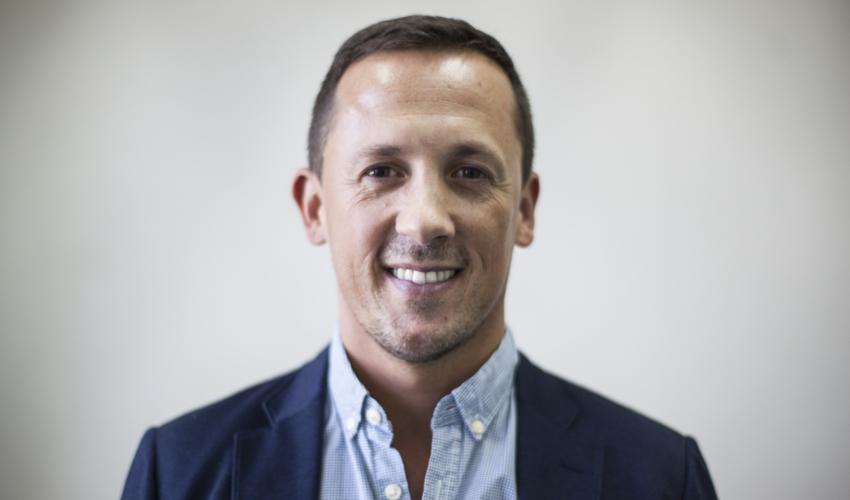
Against the polarization of civilizations
ALSO DUE TO SOCIAL MEDIA, THE RISKS OF RADICALIZATION ARE INCREASING. IN MANY OF THE CONFLICTS TODAY, THE MOTIVATION IS THE CLASH OF IDENTITIES AND INTERCULTURAL BRIDGES ARE NEEDED TO FIGHT ITSince the end of the Soviet Union and particularly after the attack on the Twin Towers, the divisions running across countries and societies of world have become more cultural than ideological in nature. Social networks are very popular especially among young people, they risk becoming megaphones that amplify the risk of radicalization and recruitment, especially among the youngest. "Maturing awareness that many of the current conflicts are motivated by conflicts around identity conflicts is the first step to try to heal them by building intercultural bridges", argues Alessandro Girola, Programming Coordinator of the United Nations, engaged in the UN Alliance of Civilizations, an entity specialized in identifying the current causes of polarization in the world’s civilizations. “Given the current challenges, a systemic approach, i.e. one that involves all parts of society, is essential. The private sector, also through CSR objectives, represents an important partner in implementing the mandate of the United Nations”, continues Girola.
According to the Bocconi alumnus, who has a degree in Economics and Management of Public Administrations and International Institutions, “there are several areas of the world that require attention. South-East Asia is just one example. But there is also the danger of terrorist attacks motivated by far-right ideologies, a phenomenon that is unfortunately also growing in Western societies".
by Camillo Papini
Translated by Alex Foti
